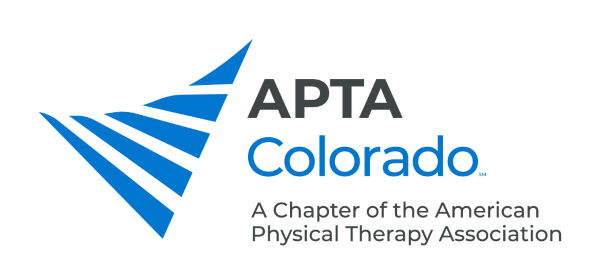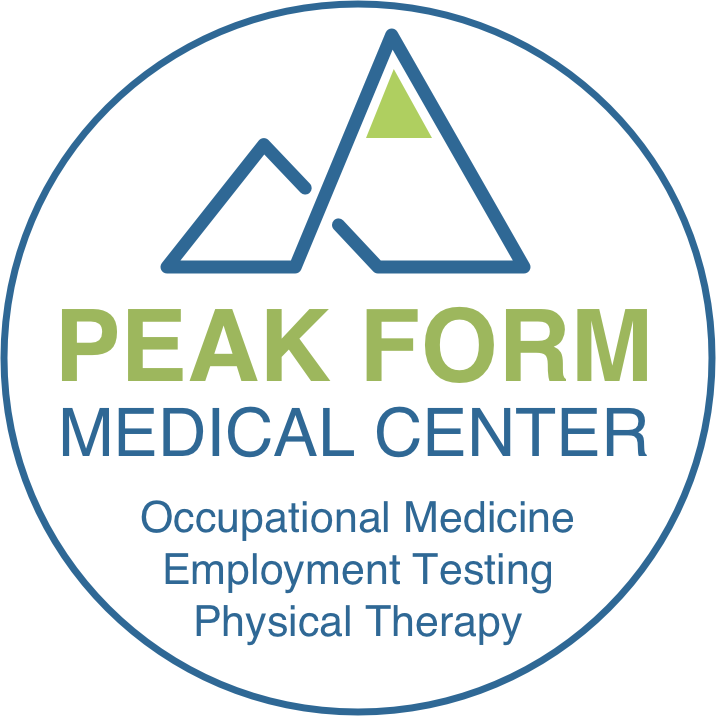Colorado and Oregon Trigger Protections for Leaves Relating to Non-COVID Respiratory IllnessesLittler Publications At the outset of the COVID-19 pandemic, a number of jurisdictions enacted sick leave laws specifically designed for absences due to COVID-19. Some states, however, enacted permanent changes to their leave laws that apply during a “public health emergency,” which can apply both to COVID-19 as well as other public health emergencies. With reports of higher-than-average respiratory syncytial virus (RSV) and flu transmission, some of these public health emergency provisions are being triggered, including in both Colorado and Oregon. In such jurisdictions, employees have additional rights, potentially including paid sick leave and job protection for covered absences. Colorado Expands Public Health Emergency Leave to Include Absences Relating to RSV, Flu, and Other Respiratory Illnesses Under Colorado’s Healthy Families and Workplaces Act (HFWA), employers are required to provide employees access to up to 80 hours of paid sick leave when a public health emergency (PHE)1 has been declared. Employees can access this PHE leave (PHEL) if they are:
Colorado’s governor first declared COVID-19 a public health emergency on March 11, 2020, and this emergency declaration—which has since been amended dozens of times—remains in effect. That means that since January 1, 2021 (when the public health emergency leave portion of the HFWA took effect), Colorado employees have had access to PHEL in connection with COVID-19. The most recent amendment to the governor’s emergency declaration issued on November 11, 2022 expands this public health emergency to cover not only COVID-19, but also RSV, influenza, and “other respiratory illnesses” in Colorado—an undefined term that could, in theory, encompass anything from whooping cough to the common cold. This means that all Colorado employers must provide up to 80 hours of paid PHEL for absences relating to all of these illnesses. Notably, the state labor department confirmed in a statement on its website that this amendment does not create a fresh bucket of 80 hours of PHEL: “The expansion beyond COVID doesn’t give employees an extra 80 hours for those conditions, it just means they can use their 80 hours for a broader range of conditions.” |


